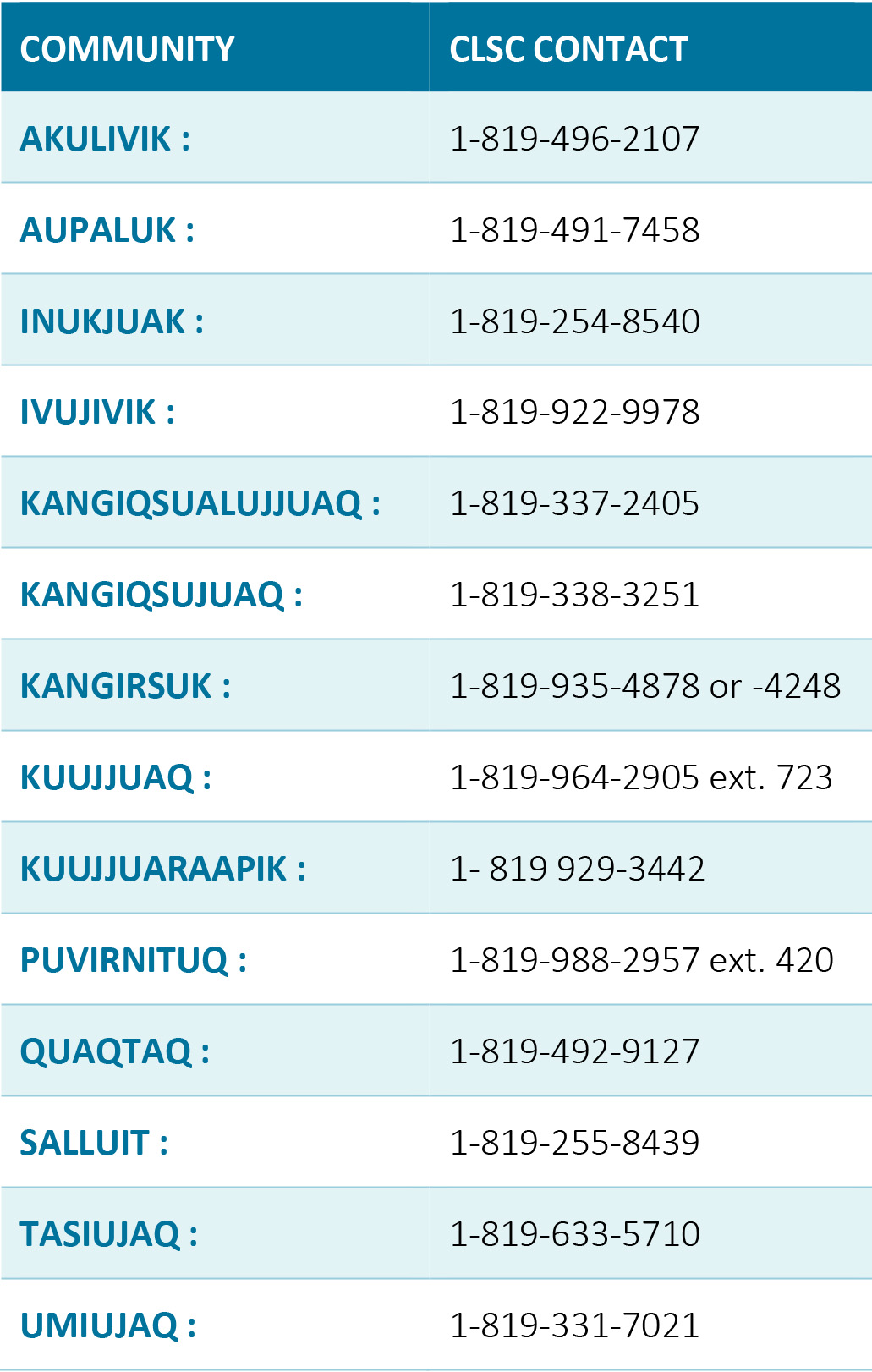
Why is it important to get vaccinated?
Vaccination is the best way to protect yourself against COVID-19 and its complications. Besides reducing the risk of contracting and spreading the disease, it contributes greatly to avoiding hospitalization and deaths linked to the COVID-19 virus. Vaccination could also help prevent persistent symptoms for several months (referred to as Long COVID).
How many doses are necessary?
Vaccination against COVID-19 consists of basal doses and booster doses.
The recommended number of doses depends on several factors, such as age, the individual's health condition, and whether they have previously had the disease in the past.
The usual number of initial doses to receive is typically 2 doses. To maintain strong protection against the virus and its variants, booster doses are recommended for certain groups afterward.
COVID-19 Vaccination Campaign - Autumn 2023
An additional COVID-19 booster dose is recommended for the following individuals if they have never had the disease and their last COVID-19 vaccine dose was administered 6 months or more ago:
- All individuals aged 18 and above living in Nunavik.
- Pregnant women.
- Individuals living in long-term care facilities.
- Individuals over 5 years old living with a chronic health condition.
- Healthcare workers.
For individuals aged 5 years or older with weakened immune systems or who are undergoing dialysis, an additional dose is recommended, whether or not they have had COVID-19 in the past. It is particularly important for these individuals to receive the COVID-19 vaccine as recommended since they are at higher risk of developing severe forms of the disease if they contract the infection.
What are the side effects?
After the vaccine is given, it is common to experience mild side effects. These effects may last for a few days, can be unpleasant, but are not dangerous. It is the body's natural response that occurs to build immunity against disease. Most common side effects are:
- pain at the site of injection,
- headache,
- muscle or joints aches,
- fatigue,
- diarrhea,
- vomiting,
- swollen armpit nodes,
- fever and shivering.
Some redness and swelling at the injection site might also happen, sometimes appearing over a week after vaccination.
Is the vaccine safe?
COVID-19 vaccines are safe. They have been studied with the same care as other vaccines previously used to protect against other diseases and have been approved by Health Canada. To date, there have been millions of doses of COVID-19 vaccines administered around the world. All of them provide additional evidence that the vaccine is safe.
There is a tiny risk of an allergic reaction to vaccines. This rare reaction affects about 2 in 100,000 people who receive the vaccine. It usually occurs soon after the vaccine is given and it is treatable. This is why it’s important to remain monitored for at least 15 minutes after receiving the vaccine.
Inflammation of the heart’s muscle or envelope called myocarditis or pericarditis may also occur but remain quite rare (2 in 100,000 people). Young men under the age of 30 are more at risk of developing this side effect. Cases most often present mild symptoms and recover quickly. The preferential use of the Comirnaty vaccine for individuals aged 12 to 29 years could help reduce these risks.
How can I get vaccinated?
Vaccines against COVID-19 are offered throughout Nunavik to everyone 6 months and older. It is possible to receive them at the same time as the influenza vaccine. You can call your local CLSC/Nursing Station for an appointment.
